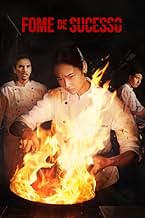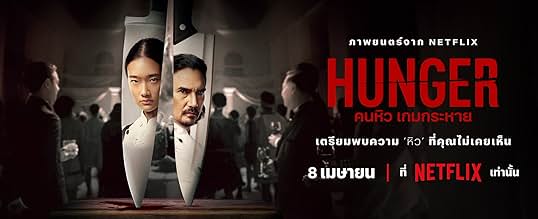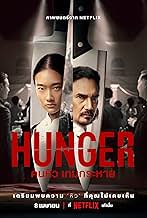Hunger is a compelling and thought-provoking film that explores the world of cooking and the class divide that exists in society. The movie follows the story of Auy, a young cook who manages her father's old noodle house. Auy is given the opportunity to work with Chef Paul, the owner of a very popular catering business that caters to the elite.
The film's portrayal of the culinary world is captivating, and the cinematography is excellent. The photography of the cooking process is especially impressive, and it truly brings the audience into the kitchen. The film does an excellent job of showing the stark difference between the food that the poor and the rich eat.
As the story progresses, Auy realizes that she cannot condone Chef Paul's policies and unlawful acts. She decides to quit and forms her own cooking team with the help of an entrepreneur. Her restaurant, Flame, quickly becomes a phenomenon in social media, and she is able to compete with Chef Paul when they are both invited to cook for a socialite personality.
However, the film's ending falls short of expectations. It feels somewhat rushed, and the resolution is not as satisfying as it could have been. The film could have benefited from a different ending that tied up loose ends and provided a more satisfying conclusion.
Overall, Hunger is a movie worth watching for foodies and those interested in exploring social issues through the culinary world. Despite the lackluster ending, the film's excellent cinematography and compelling story make it a must-see.





















